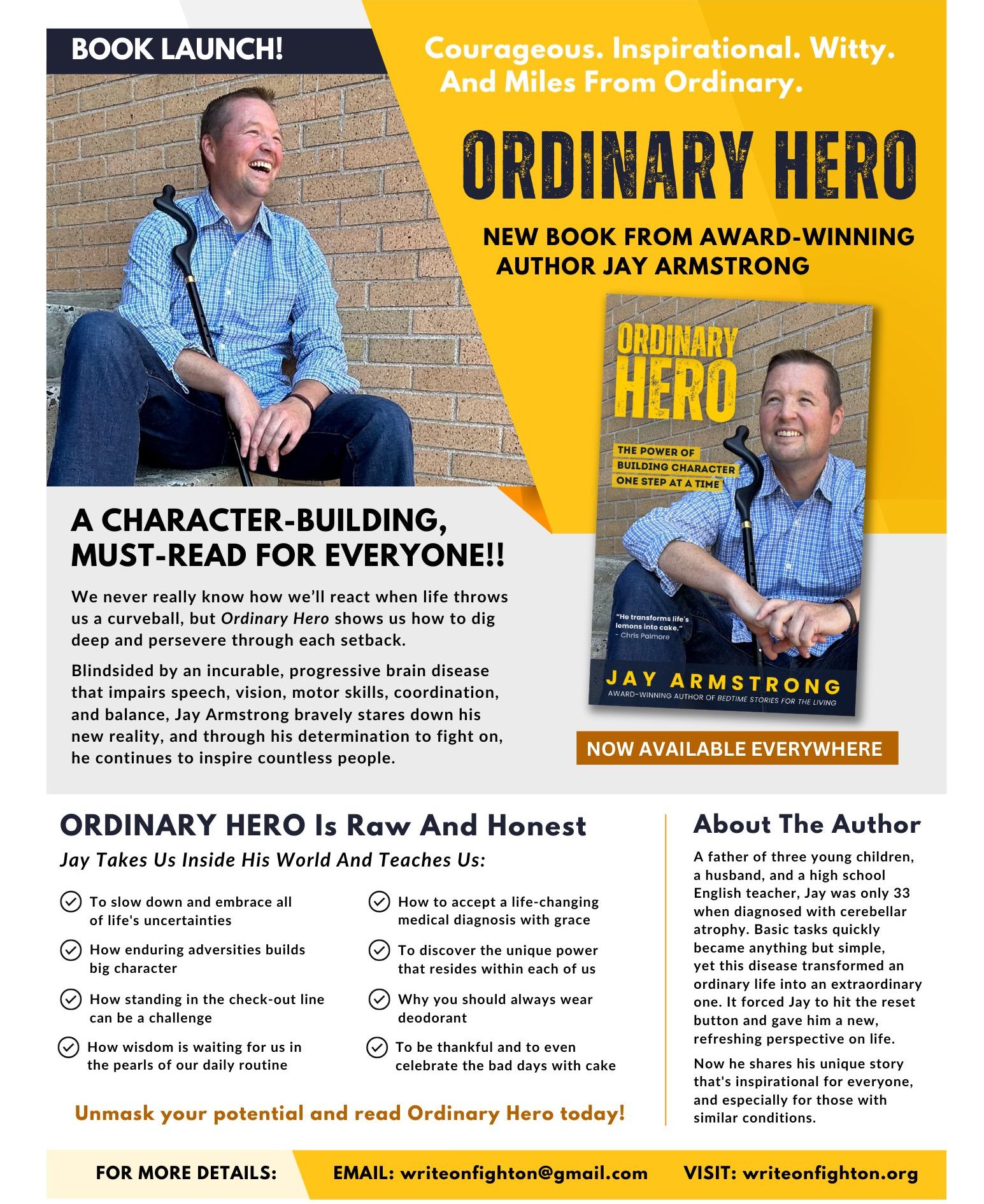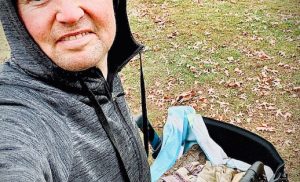Good advice never dies
The other day my grandfather said to me, “If you find yourself in a hole, stop digging.”
This wouldn’t be strange except my grandfather died 9 years ago.
I’m watching the post-election news coverage explaining how President Trump plans to file lawsuits against several states regarding alleged voter fraud. The TV talking heads seethe and shout and grow flush with frustration. They disagree on President Trump’s unwillingness to concede the election.
“The President should accept the truth,” one head shouts.
“This is not truth. This is a lie,” another head retorts.
The heads begin shouting at each other. At me. Not only is my dead grandfather talking to me but so is the TV. Everybody, these days, seems to have an opinion about what the President should do. What America should do. What you should do.
By all accounts, President Trump plans to roll up his starched sleeves, hand the lawyers a shovel, and dig. And we, from the comfort of our star-spangled couch have the luxury of watching.
Some 30 years ago, when I was around 10, I trailed behind my grandfather as he weed whacked around his redbrick house on a hot summer day. Like a careless child, I accidentally kept stepping on the orange extension cord to the weed wacker. With mighty tugs, my grandfather would pull the cord from under my feet and continue weed whacking until my lack of awareness annoyed him so much that he turned off the weed wacker, led me by the hand to the garden, gave me a garden shovel, and instructed me to dig a hole.
“And then what?”
“Well, once you find yourself in the hole, stop digging.”
So I dug and dug and dug as my grandfather and the weed wacker zipped around the yard. When my grandfather returned to the garden I stood in the hole I dug holding the shovel upright like a sword. Like a dirty tool of the highest honor.
“Why did you stop digging?”
“You told me if I found myself in a hole to stop digging.”
“Good.” He nodded. “Now get out of the hole.”
While writing this post I discovered my grandfather’s advice was an old adage attributed to legendary American humorist Will Rogers.
“If you find yourself in a hole, stop digging.”
I also discovered we’re addicted to digging holes. Digging a hole is an antediluvian exercise that, only if we’re digging for a purpose– planting a tree, burying a body, hiding a treasure– is a fruitless endeavor. Stop. A sentence ago I used the word, “antediluvian”. I don’t use this word at the soccer field or shooting-the-breeze with the mailman. In fact, I never used that word before. I dug antediluvian out of the dictionary. It’s a pretentious way to say “old.” If you want people to like you, I suggest never using antediluvian. Bury it. I will. Promise.

2020 has been a year of digging holes. Our American muscles are tense. We are out of breath, blistered, and have calluses on our democratic hands. The election fallout, the lingering pandemic, smoldering racial tensions, financial straits. As the year comes to a merciful close, we’re a nation looking up, searching for a way out.
But what about the holes in your personal life? Health holes. Relationship holes. Financial holes. Professional holes. We all have them. We all are in some untenable situation we’re desperate to escape.
There is unlimited ways to dig a hole. Cheating, lying, ignoring, hiding, shaming, over-indulging are all good shovels. We dig holes when we fail to accept truth. We dig out of selfishness. And without thinking. A mindless shoveling resulting in a tired mind, body, and spirit.
This month I’m slowly reading “Full Catastrophe Living” by Jon Kabatt-Zinn, a girthy 600 page book recommended by my neurologist in 2013 when I was first diagnosed with the hole in my brain. And since then, he has been asking if I read it, to which I sheepishly reply, “No.” But now, working on a 7 year extension, I’m determined to deliver my oral book report when I see him again in January.
Kabatt-Zinn explains we’re “living on a treadmill of modern life.” Meaning we’re conditioned to always “do.” We so often fail to bring awareness to our thoughts and actions. Why am I thinking this? Why am I doing that? And what is my reason for digging this hole?
This unconscious, life on a treadmill instigates negative emotions–anger, confusion, sadness, unhappiness–let’s call them the “seeds of bad habits.”
It takes awareness and discipline to know the fruits of your actions. To know your digging a hole. To drop the shovel, before the calluses form, before the hole is too deep to escape. We must know that the arbitrary act digging a hole is a foolish waste of energy. A simple distraction for a kid exiled to a garden while his grandfather worked.
So the next time you dig–I hope you dig purposefully.
Be well,
Jay
If you like this post, you may also like:
Question from Election Night
~
The moment in which everything is different
~
Welcome to the Land of Uncertainty
~
A good moment (in a year of bad moments)
~
Need some encouragement? Some perspective? This hardworking, almost-handsome, suburban soccer dad can help. Subscribe and, like a pizza, get my posts delivered to your door (your email inbox). No spam. Just posts.




